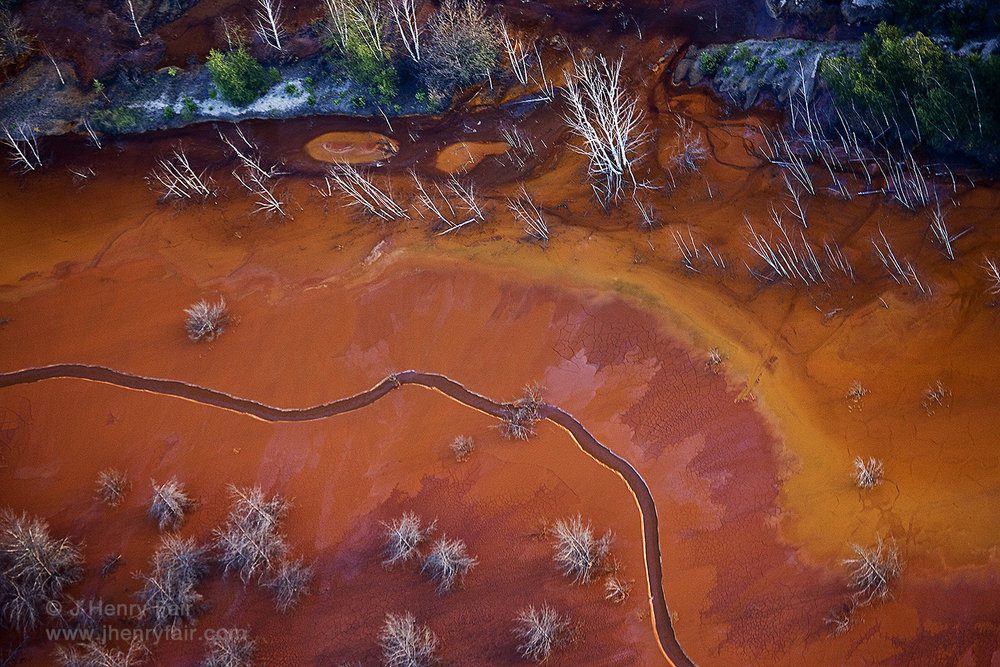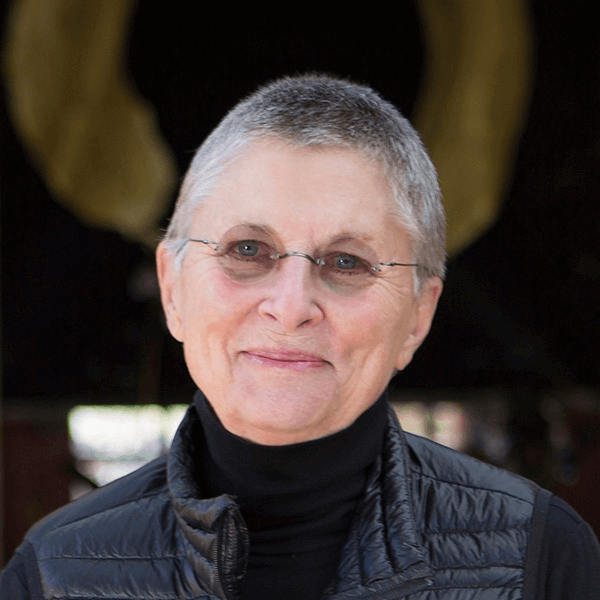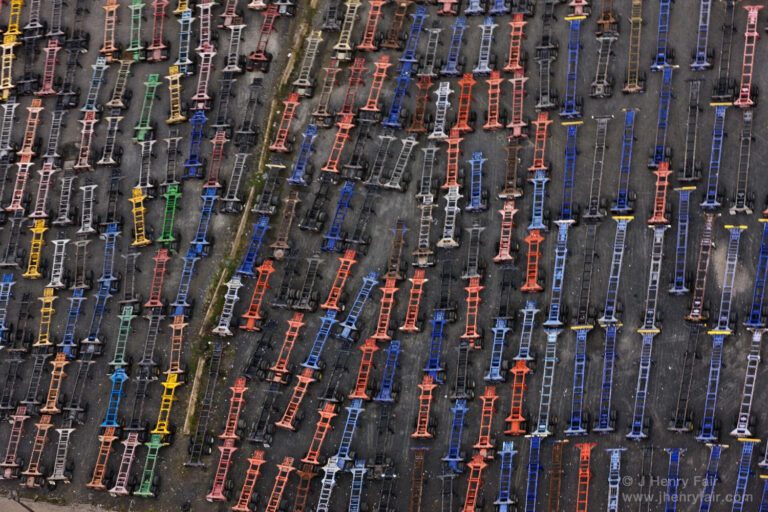We all know that the calamitous changes in our climate are related to suffering associated with injustice, inequity, exploitative economic structures, racism, and have a deep impact on the rights and health of all humans, and particularly people of color, as well as many species on our earth.
These devastating shifts in climate are as well a source of moral suffering related to the interrelationship between human ignorance and exploitative, extractive social, and racist corporate and political structures resulting in pervasive structural and direct violence.
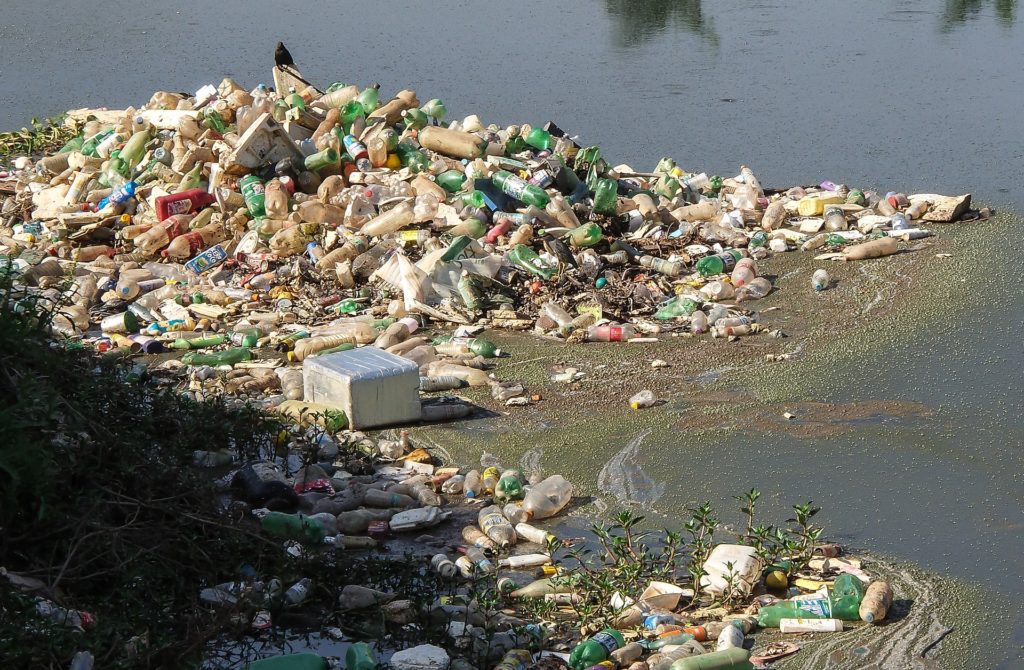
For example, we know that the secondary cause for climate change is fossil-fuel dependent economic growth, primed by the root cause of human greed and ignorance. We also know that fossil fuels are a finite, dangerous, dirty, and destructive source of energy. Look at the broken promises and broken pipelines. Continuing to develop fossil-fuel dependent economic growth models makes no sense, no matter how you look at it. Whether it is pipelines cutting through wilderness and indigenous lands or highways cutting through poor neighborhoods. We are aware that we live in an interdependent world and cannot deny how profoundly damaging fossil fuels are to individual and collective health and that it is absolutely necessary that our global community commit to reforming our intertwined energy and economic systems.
Climate devastation affects every single species on this earth and will profoundly affect the coming generations.
In spite of the concerned and wise urgings of environmentalists, scientists, and indigenous and young people, fossil fuel companies focused on making a profit have bought politicians, derailed the media, lost their moral compass, and subverted our democratic processes so that they can continue to profit. Those who invest in fossil fuels get richer, in spite of knowing that fossil fuels make up 2/3rds of global greenhouse gas emissions, and even when we all know that there is an end to the ancient sunlight we can extract from our earth. And to add injury to insult, enviro racism is rampant in this country and elsewhere.
And this list from a recent NYTimes article:
- There’s the stench of sewage in a historically Black neighborhood in Louisville, Ky.
- The proposed grain elevator that would turn a historically Black community in Louisiana into an industrial complex.
- The natural gas facility in Virginia that would aid the extension of an oil pipeline through a historically Black community in Pittsylvania County.
- The creosote contamination in a historically Black neighborhood in Houston.
- The toxic coal ash moved from a predominantly white community in Tennessee and dumped in a predominantly Black community in Alabama.
There is a reason why many corporations have heavily promoted a focus on individual behavior, like recycling or energy saver light bulbs, and also why such companies support autocratic regime change around the world. They do not want us to see that we need fundamental systems change, serious institutional and economic reforms, justice reforms. and for our governments to enforce checks and balances on companies who profit from polluting our earth and communities of color. They also know that thriving democracies with principled active citizens are a threat to them.
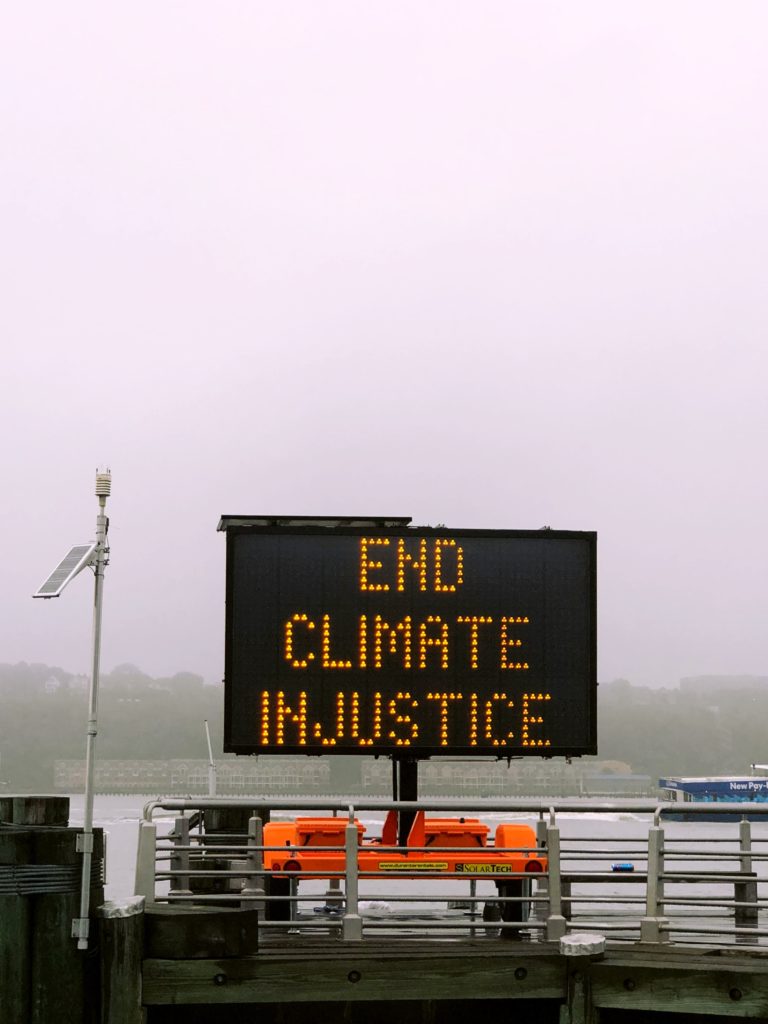
In addition to species extinction, the sixth great extinction event on our planet and this one human caused, we also have to realize that the climate crisis is making us sicker and sicker every day, and those at most risk are children, pregnant women and the unborn, the elderly, the materially impoverished and people of color.
We are witnessing and experiencing our atmosphere becoming a toxic harbor for increasing allergens, mold, fungi, smoke, mercury, petrochemical cancer-causing poisons, choking dust, disease bearing insects, and extreme heat. Extreme heat is also linked with aggression and violence, which is connected with violent conflict in our cities and in the world, a source of profound trauma.
We must end the direct, indirect, structural, and institutional violence associated with this climate catastrophe.
Our waters are becoming a toxic harbor for endocrine disruptors, poisonous chemicals, microbial pollutants, including sewage and lethal algae bacterium. As well, plastics are contaminating oceans and fisheries, sea water is contaminating drinking water, and drought, fire, and flooding are destroying forests, farmlands, towns, and cities.
And we are witnessing the physical destruction of our earth and the subsequent illnesses wrought by humans engaging in extractive and profoundly destructive processes of the earth’s so-called “resources”: her forests, minerals, fresh waters, ocean life, wild animals, and more…. Including communities of color.
it may seem that our climate catastrophe touches only people who are materially impoverished, who live in coastal areas, who live in so-called sacrifice zones, or are refugees fleeing climate driven wars. But rest assured, climate devastation affects every single species on this earth and will profoundly affect the coming generations.
Clearly, we must act now, if there is to be a viable, morally grounded, and healthy future. Social and environmental engagement, social and environmental justice are essential, as is psychospiritual transformation by cultivating the psychosocial qualities that make it possible to see the destruction we have wrought on this earth and to take action to transform those habits of mind that bind us to consumerism, racism, and blind us to the harm we have caused.
We must develop moral nerve … so we can be guided by our deepest values, be conscientious, and connect to who we really are.
We also have to examine our views of reality, and hold accountable the petrochemical, corporate, military, and political and racist forces robbing the future from our children and grandchildren. And we must end the direct, indirect, structural, and institutional violence associated with this climate catastrophe.
To do this, we have to engage in practices that enhance our capacity to be morally sensitive. We must as well nurture our capacity for moral discernment, which is our ability to assess what actions are morally justifiable, and this takes attentional stability, insight, and a motivation that is fundamentally altruistic. And we must develop moral nerve, a term used by the author Joan Didion to describe someone who has nonnegotiable virtue when standing above the abyss of harm, so we can be guided by our deepest values, be conscientious, and connect to who we really are. This we must do not only to restore broken eco-systems but also restore health and integrity to the human heart.
This article was originally published on the Upaya Institute and Zen Center blog. It is reprinted here with permission.

